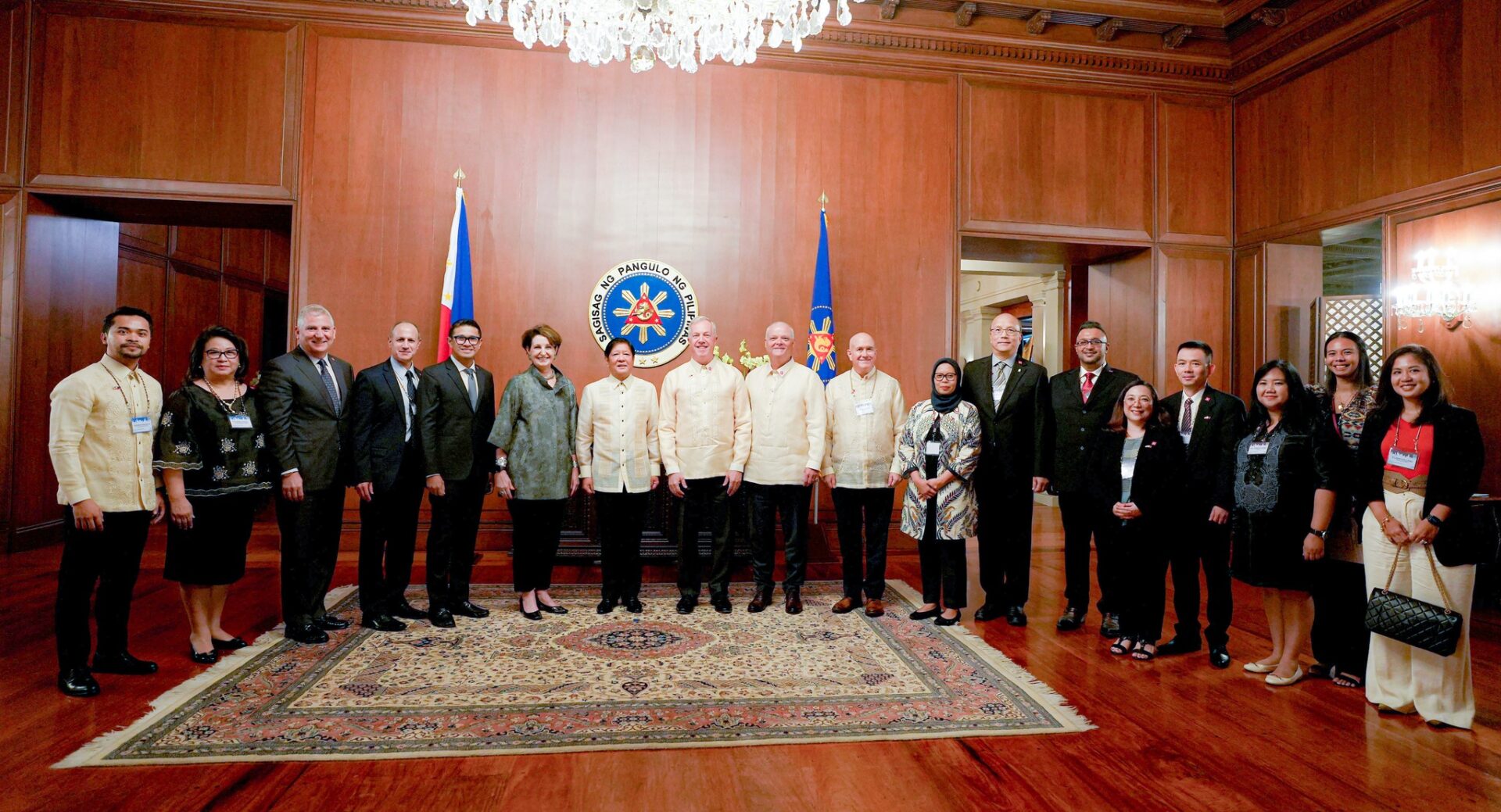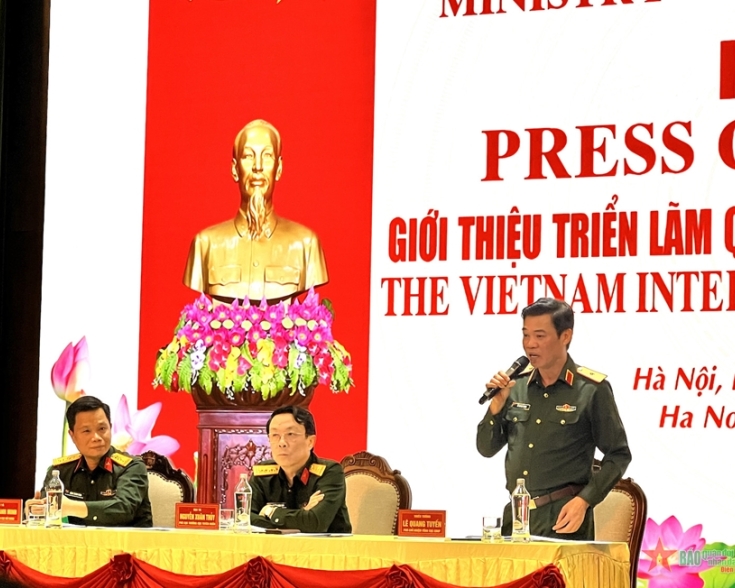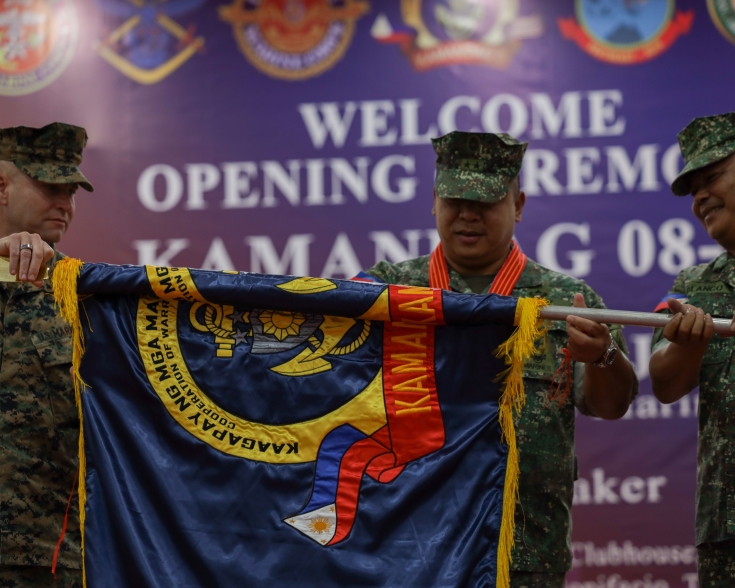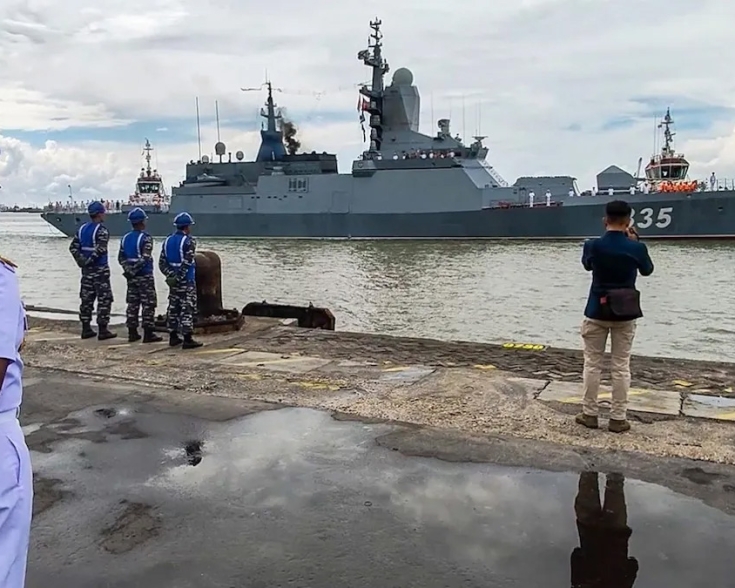U.S.-Philippines Alliance to Strengthen with New Military Bases and Joint Maritime Patrols

On February 2, U.S. Secretary of Defense Lloyd J. Austin III travelled to Manila and met with President Marcos and Secretary of National Defense Carlito Galvez to reaffirm mutual defense treaty commitments. These commitments included the expansion of the 2014 Enhanced Defense Cooperation Agreement (EDCA) and joint maritime patrol exercises, in response to increasing tensions in the West Philippine Sea (commonly referred to as the South China Sea). Under the EDCA, the U.S. military can access Philippine bases for joint training, pre-positioning of equipment, and construction of facilities, without permanent basing. The two nations announced that they planned to designate four new locations in strategic areas of the country to accelerate the full implementation of the EDCA, which aims to make the alliance more resilient through the modernization of combined military activities. In a press conference, Secretary Austin and Secretary Galvez reasserted the 1951 Mutual Defense Treaty, as well as the commitments of both countries to uphold a free and open Indo-Pacific. President Marcos likewise remarked that the United States has been the country’s longest partner and that the Philippines can only navigate the complicated situation in the West Philippine Sea with its partners and allies.
Recently, an incident involving the use of a military-grade laser by the Chinese coast guard that temporarily blinded some of the crew of a Philippine patrol vessel took place, further straining already tense relations between the Philippines and China. The strengthening of the alliance marks a new phase in U.S.-Philippine relations, quashing former President Duterte’s earlier suspension of any joint patrols and maritime exercises in the disputed waters. The current administration is committed to tightening its stance towards China’s assertive claims over the West Philippine Sea and U.S. involvement in the region is seen as a counterweight to China. The disputed waters have often been regarded as a delicate front in the U-S.-China rivalry in Asia, especially because other ASEAN member countries such as Brunei, Malaysia, and Vietnam are also locked in similar territorial disputes.






